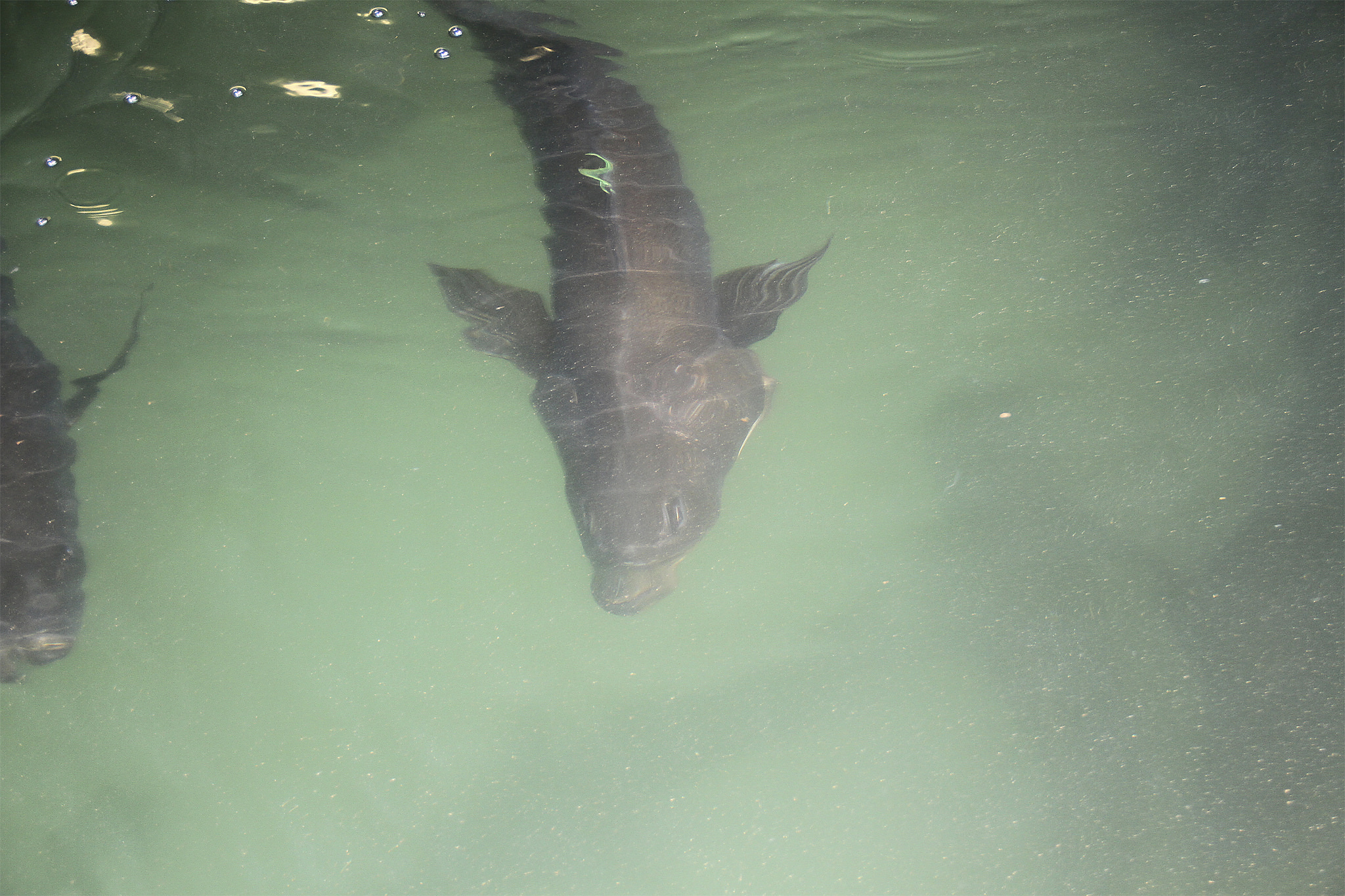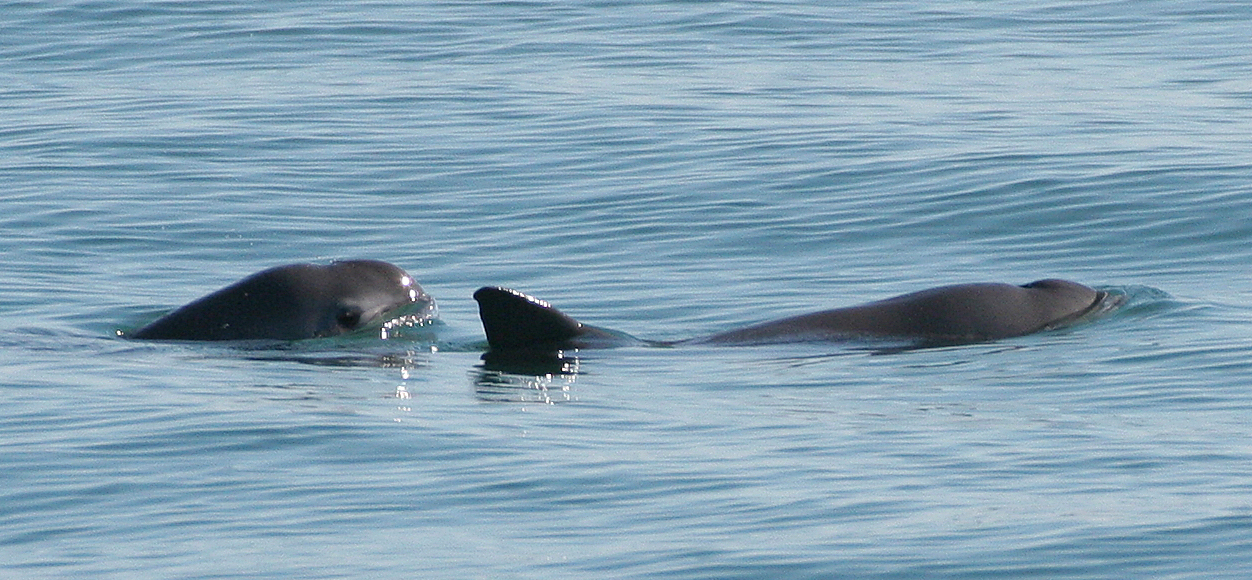Here's Why Leonardo DiCaprio Challenged the President of Mexico on Instagram

By:
One of the world's most endangered species has a powerful ally: Leonardo DiCaprio.
The Oscar winner posted an Instagram message on May 11, calling on Mexican President Enrique Peña Nieto to protect the vaquita porpoise, which the World Wildlife Foundation lists as "world’s most rare marine mammal."
As DiCaprio notes in his post, "there may be less than 30 left in the world."
DiCaprio and the World Wildlife Federation want Peña Nieto to ban gillnets, a specific type of fishing net, enforce laws against illegal fishing, and put policies in place to fight overfishing. The WWF has a online petition to put pressure on the Mexican government, which mentions Nieto's history as a champion for vaquita conservation efforts.
The president responded to DiCaprio and the WWF on Twitter in English, which is notable because most of his tweets are in Spanish. Nieto contended that the Mexican government is making efforts to protect the endangered species.
However, conservationists say the Mexican government really needs to address the illegal fishing of the totoaba, a critically endagered fish, in order to help the vaquita.
 Flickr - flickr.com
Flickr - flickr.com
A report released in November 2016 by the International Committee for the Recovery of the Vaquita found that half of the vaquita population was destroyed between 2015 and 2016, and fishing nets meant to illegally catch the totoaba ensnare significant numbers of the endangered porpoises.
"Thirty-one illegal totoaba gillnets, including 23 nets that had been recently set, were recovered," reads the report. "This shows that illegal fishing activities, particularly the setting of large-mesh gillnets for totoaba, continue at alarming levels within the range of the vaquita."
 Wikimedia Commons/ By Paula Olson, NOAA - wikimedia.org
Wikimedia Commons/ By Paula Olson, NOAA - wikimedia.org
Ben Goldfarb wrote in a Yale University School of Forestry and Environmental Studies publication that vaquita share the same areas of ocean as totoaba, whose bladders are highly sought after in China for soup and are popularly thought to have medicinal uses. In 2011, after overfishing wiped out the native giant croaker, a traditional source of fish bladders, Chinese companies began to look to Mexican waters.
"The surge spelled disaster for vaquitas," wrote Goldfarb in 2016. "The porpoise’s population, which had been dropping by about 4.5 percent per year, began to plummet by a whopping 18.5 percent annually."
A large totoaba bladder could cost as much as $100,000 U.S. on the black market in Hong Kong, according to CNN.
Illegal fishing is a problem in the U.S. too.
A 2014 study found that up to 32 percent of imported shrimp, crab, salmon, tuna and other fish is illegal, according to The Washington Post. As of 2011, Americans ate the second largest share of the world's seafood, second to China. A study in 2013 by Oceana, a conservation organization, found that a third of fish in the U.S. was mis-labled, according to the Los Angeles Times. An overwhelming 93 percent of red snapper 2013 were actually found to be other species.
